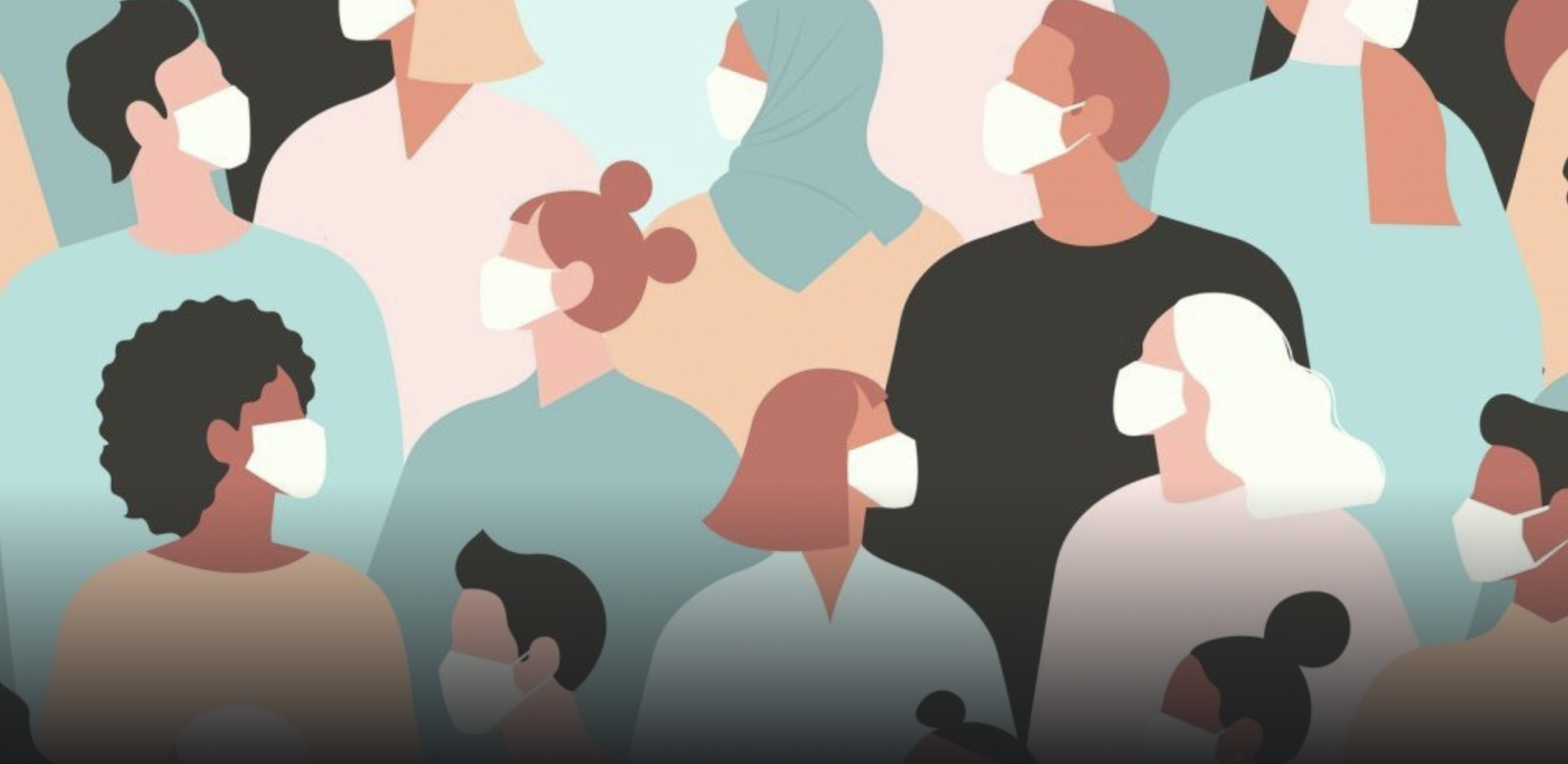Covid-19 and Trust in Science Project (CATS)
Covid-19 Research | 2020-today
CATS studies the experiences of Long Covid (or Long Haul Covid or Post-Covid Syndrome) patients in the United States, Brazil, and China. Long Covid stands for the persisting symptoms and complications arising from Covid-19 that last for months, well beyond the period of acute illness. These symptoms vary from patient to patient but include symptoms such as fatigue, brain fog, respiratory distress (POTS), diffuse pain, and GI symptoms. Researchers have estimated that about 10 to 35% of those with Covid-19 develop Long Covid. CATS aims to document: (1) the experience of recovering Covid-19 patients and Long Covid patients as they attempt to gain access to medical care and support; and (2) the sources of trustworthy information that Long Covid patients rely on to make decisions about their health and wellbeing.
Project Lead
Larry Au
City College of New York (CUNY)
Research Highlights
-
Published in SSM - Qualitative Research on Health. Read here.
Winner of American Sociological Association’s 2023 Star-Nelkin Award in Knowledge, Science, and Technology
Press Release by the SKAT Section of the American Sociological Association:
“Au and colleagues’ article provides excellent instructions on how and why we must wrestle with the repercussions of our contemporary politics of truth/knowing/and realness. Using data from a US-based online survey with over 300 participants who experienced the effects of Long COVID, as well as follow-up interviews, the group captures Long COVID patients’ struggles with medical professionals to find recognition of and treatment for their condition.
Au and colleagues outline what they call "medical gaslighting," a particular form of rhetoric mobilized by Long COVID patients to capture their struggles with recognition and care. The “broader politics of Long Covid,” we are told, “bleed into the individual struggles faced by patients” (p. 9) Here, Au and colleagues demonstrate their close attention to the structural dynamics that continually shape illness trajectories and the uneven ways one is tasked to know and navigate them. As a result, they note that “medical gaslighting” operates as a form of "ontological politics," showing us through their data that long COVID patients’ understanding of the “realness of their illness” is constructed and contested through different (yet entwined) registers of questioning, disbelief, dismissal, delay at the individual, organizational, and institutional level.” -
Published in The American Scientist (January 2024). Read here.
Abstract
National surveys in theUnited States say confidence in science is declining. But these surveys are premised on multiple unexamined assumptions about science and trust. People who question science-based regula- tory thresholds are not necessarily being un- reasonable and do not demonstrate increas- ing mistrust in researchers overall. By studying people’s decisionsand behav- iors that indicate trust in a particular research area, the authors highlight ways to build the trust scientific institutions seek.


